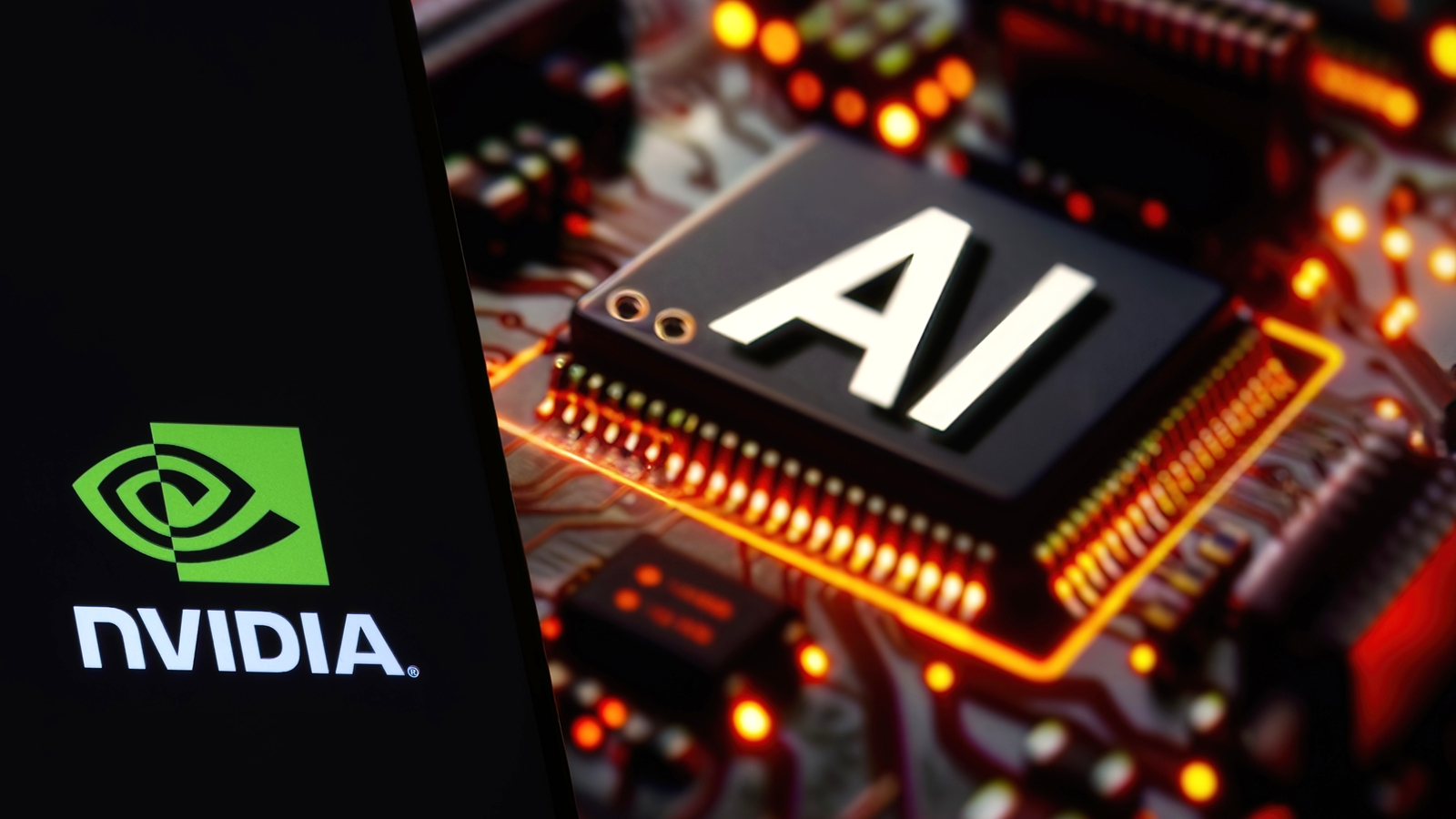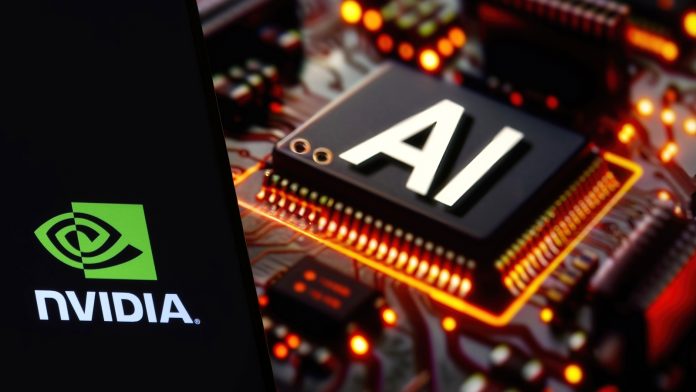
In its final days, the Biden administration announced last-minute adjustments to its chip export controls, and Nvidia apparently isn’t a fan. The new restrictions, announced today, are substantial considering that Biden will only be president for one more week. Officially called the Interim Final Rule on Artificial Intelligence Diffusion (“diffusion” as in the spread of the emerging technology), the last-minute regulations add new restrictions that corporations and countries must follow. Nvidia penned a blog firing back at the new restrictions, saying, “the Biden Administration seeks to undermine America’s leadership with a 200+ page regulatory morass, drafted in secret and without proper legislative review.”“To enhance U.S. national security and economic strength, it is essential that we do not offshore this critical technology and that the world’s AI runs on American rails,” the White House said in a statement. “It is important to work with AI companies and foreign governments to put in place critical security and trust standards as they build out their AI ecosystems.”Nvidia has fired back at the US government in a statement of its own, claiming that “global progress is now in jeopardy.”“In its last days in office, the Biden Administration seeks to undermine America’s leadership with a 200+ page regulatory morass, drafted in secret and without proper legislative review,” the company’s press release reads. “[B]y attempting to rig market outcomes and stifle competition — the lifeblood of innovation — the Biden Administration’s new rule threatens to squander America’s hard-won technological advantage.”One of the primary features of the new export rules is that it’s no longer a blacklist, but rather a whitelist that applies to every country on the planet. There are no restrictions for “18 key allies and partners,” but those are the only exceptions.Companies are also impacted by the new regulations, which establish three classes that firms fall under: Universal Verified End Users (EVEUs), National Verified End Users (NVEUs), and non-VEUs. EVEUs are companies that meet the US’s security requirements and are located in countries closely aligned with America, while NVEUs meet the same security standards but can’t be in countries of concern.These companies, depending on what country they’re in, are subject to limits on how many “advanced GPUs” they can buy. NVEUs can buy up computational power equivalent to no more than 320,000 “advanced GPUs” within two years. Non-VEU companies have to settle for just 50,000 per country, a cap that the administration says exists so that US tech is available to foreign governments, the healthcare business, and local commerce.Get Tom’s Hardware’s best news and in-depth reviews, straight to your inbox.The caps don’t apply to chip orders that do not exceed the computational power of 1,700 advanced GPUs, which the government claims represent the vast majority of shipments and is actually an improvement over prior regulations.UVEUs don’t have to deal with these kinds of limits, but the Biden administration says they can “place up to 7% of their global AI computational capacity in countries around the world.” That also means that 93% of a company’s total data center throughput must be in the US or its best friends.Nvidia apparently dislikes the new regulations in their entirety so much that it didn’t even bother pointing out anything particularly specific regarding either company designations or the chip caps. The GPU giant did, however, have much to say about how much better the first Trump administration handled regulating the tech industry from 2017 to 2021, arguing that President Trump “laid the foundation for America’s current strength and success in AI.”That Nvidia is so warm to Trump isn’t very surprising. Not only has the tech industry as a whole moved to establish close ties with the incoming administration, but Nvidia CEO Jensen Huang himself has said in a Bloomberg interview that he would like to meet with Trump and help him succeed in his second term.“As the First Trump Administration demonstrated, America wins through innovation, competition and by sharing our technologies with the world — not by retreating behind a wall of government overreach,” Nvidia said at the end of its press release. “We look forward to a return to policies that strengthen American leadership, bolster our economy and preserve our competitive edge in AI and beyond.”That last line makes it pretty clear that Nvidia is eager for Trump to get back into the White House, and as President, there’s probably something the two-termer can do to reverse the AI diffusion restrictions. However, in his first run as President, Trump did his fair share of clamping down on exports, particularly regarding China. At first, the Biden administration was just picking up where Trump left off, as Biden reconfirmed one of Trump’s executive orders on Chinese sanctions just five months after his inauguration.At the very least, Nvidia and other critics of the new AI regulations, such as Oracle, are hopeful that the second Trump administration will change direction when it comes to export controls. While Trump hasn’t said much about export controls, he has said he wants to bring back big tariffs and implement a particularly large 60% tax on Chinese imports. It’s hard to imagine the Republican President lifting sanctions on China given his attitude, but changing the rules around EVEUs and NVEUs seems plausible.
Nvidia blasts Biden’s new AI restrictions as ‘misguided’ – GPU giant praises Trump’s hands-off approach to tech industry

